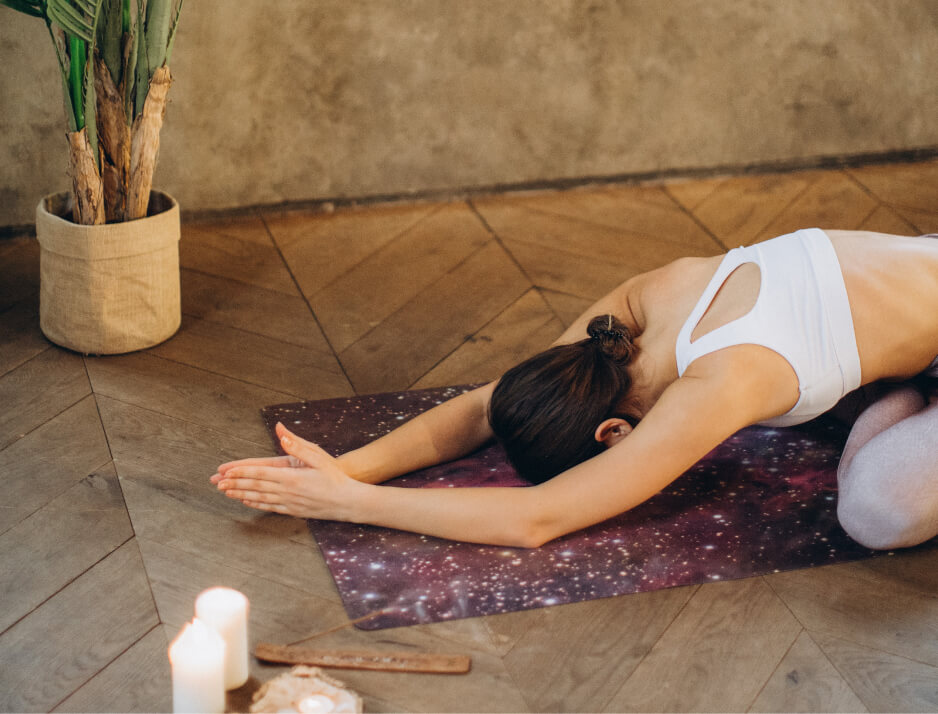Anxiety can feel overwhelming, affecting both mental and physical health. However, meditation provides a powerful way to regain control. By focusing on the present moment and practicing deep breathing, the mind gradually shifts away from anxious thoughts. Meditation reduces cortisol levels, easing stress and promoting a sense of calm. Pairing this practice with aerobic exercise enhances its benefits, as physical activity releases endorphins that naturally counter anxiety. Activities like jogging, swimming, or cycling help clear the mind, making meditation even more effective.
Developing a consistent meditation routine strengthens resilience against stress. Starting with just a few minutes of guided meditation each day can lead to noticeable improvements. Mindfulness techniques, such as body scans and breath awareness, encourage relaxation and improve emotional regulation. Engaging in aerobic exercise before meditating can also deepen the experience, as movement helps release pent-up energy and prepares the body for stillness. Together, these practices create a balanced approach to managing anxiety.
Incorporating meditation and aerobic exercise into daily life fosters long-term mental well-being. Setting aside time for reflection, avoiding over stimulation, and embracing a slower pace contribute to emotional stability. Young professionals who integrate these habits into their routines often experience improved focus, reduced stress, and greater overall happiness. By committing to mindfulness and movement, overcoming anxiety becomes more manageable, leading to a healthier and more fulfilling life.



